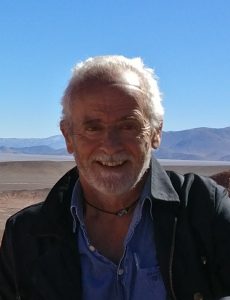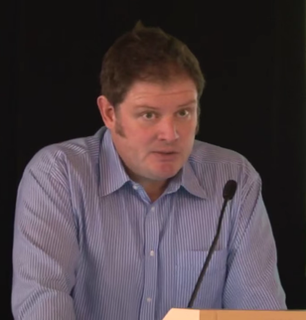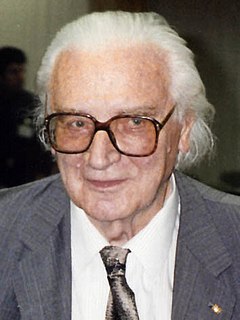A Quote by Nick Davies
Something very worrying has been going on at Scotland Yard. We now know that in dealing with the phone-hacking affair at the 'News of the World,' they cut short their original inquiry; suppressed evidence; misled the public and the press; concealed information and broke the law. Why?
Related Quotes
What happens when I'm dealing with the problems in North Korea and the Middle East? Are you folks going to be reporting all that very, very confidential information, very important, very - you know, at the highest level? Are you going to be reporting about that, too? So I don't want classified information getting out into the public in a way that was almost a test.
The thing that has disturbed me most about the Russian hacking episode is - and the thing that surprised me most has not been the fact of Russian hacking. The cyber world is full of information gathering, you know, propaganda, et cetera. I have been concerned about the degree to which, in some circles, you've seen people suggest that Vladimir Putin has more credibility than the U.S. government. I think that's something new.
I know that some of the folks in the press are uptight about this [moving the press corps out of the West Wing ], and I understand. What we're - the only thing that's been discussed is whether or not the initial press conferences are going to be in that small press - and for the people listening to this that don't know this, that the press room that people see on TV is very, very tiny. Forty-nine people fit in that press room.
I'm dealing with Mexico, I'm dealing with Argentina. We were dealing in this case with Mike Flynn. All this information gets put into The Washington Post and The New York Times, and I'm saying, what's going to happen when I'm dealing on the Middle East? We've got to stop it. That's why it's a criminal penalty.
You can talk all you want about Russia, which is all a, you know, fake news fabricated deal to try to make up for the loss of the Democrats and the press plays right into it. In fact, I saw a couple of the people that were supposedly involved with this but they know nothing about it. They never made a phone call to Russia, they never received a phone call, it's all fake news. It's all fake news.
Press information is serious information, but press information is also manipulated by people who want you to think that this and that happened. So it's the old thing that you still cannot trust photography at all or you have to know who is distributing the photograph. In terms of cell phone photography, I think nobody cares about a photograph anymore because they're taking so many pictures just for fun.
Movies such as 'Citizen Kane' and 'The Front Page' portrayed an era when driven newspapermen would do anything to get a story. The U.K.'s rough-and-tumble Fleet Street remains something of a throwback to that era, as demonstrated by the recent phone-hacking scandal - which led to the demise of yet another century-old paper, the 'News of the World.'
Everybody has a hacking capability. And probably every intelligence service is hacking in the territory of other countries. But who exactly does what? That would be a very sensitive piece of information. But it's very difficult to communicate about it. Because nobody wants to admit the scope of what they're doing.
A free press is one where it's okay to state the conclusion you're led to by the evidence. One reason I'm in hot water is because my colleagues and I at NOW didn't play by the conventional rules of Beltway journalism. Those rules divide the world into Democrats and Republicans, liberals and conservatives, and allow journalists to pretend they have done their job if instead of reporting the truth behind the news, they merely give each side an opportunity to spin the news.
Of course, we knew that the official reports were sketchy, if not falsified. But, in terms of information theory, this is precisely where the problem lay: How were we to reconstruct reality from incomplete or false reports? It is not true that virtually all news in a totalitarian state is false. On the contrary, most news is completely correct, albeit tendentiously slanded; it is just that certain information is suppressed. One can adjust for the political slanting of the news, but there is virtually no way to fill in the omissions.































